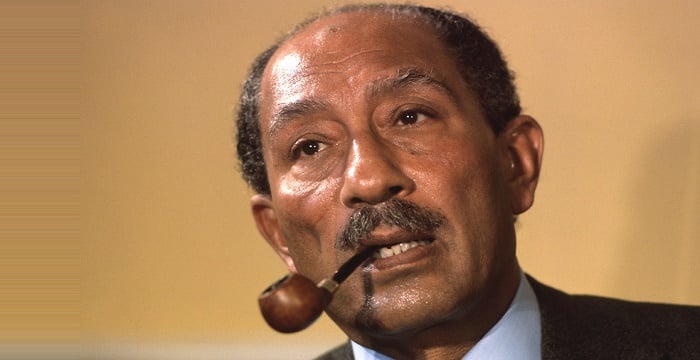
Very interesting choice of words. First of all, its interesting how a "Negro" isn't defined by skin color. Instead its limited strictly to status of servitude ("slave Africans"). Secondly, this definition proves that white people knew that the "ancient Berbers", Egyptians, and Moors were black. How come? Because if those groups were phenotypically different, there would be no need to make the clarification in the second sentence. They could have simply said this term doesn't apply to white or lighter skinned Africans. Instead it said that this definition does not apply to "the free inhabitants of Africa" and then lists the Egyptians and Moors. Also there is the interesting inclusion of the term "negro Asiatics" clearly showing that they also knew that there were black people in Asia that were phenotypically indistinguishable from "slave Africans". Thus, saying that those people would not be included in this definition of who was a "negro".
So it looks like the Moorish brothers were right when they say that when you call yourself "black" or "negro" you are basically disenfranchising yourself and giving whites the right to treat you like a slave. We need to think up of a better word to call ourselves than "black" or "negro". When we call ourselves a color, all we're doing is disenfranchising ourselves. Terms like "Aboriginal People of America" or "Melanated Peoples of America" might be better terms of defining ourselves than words like "negro" or "black" that are clearly designations of servitude and slavery rather than ancestry.



